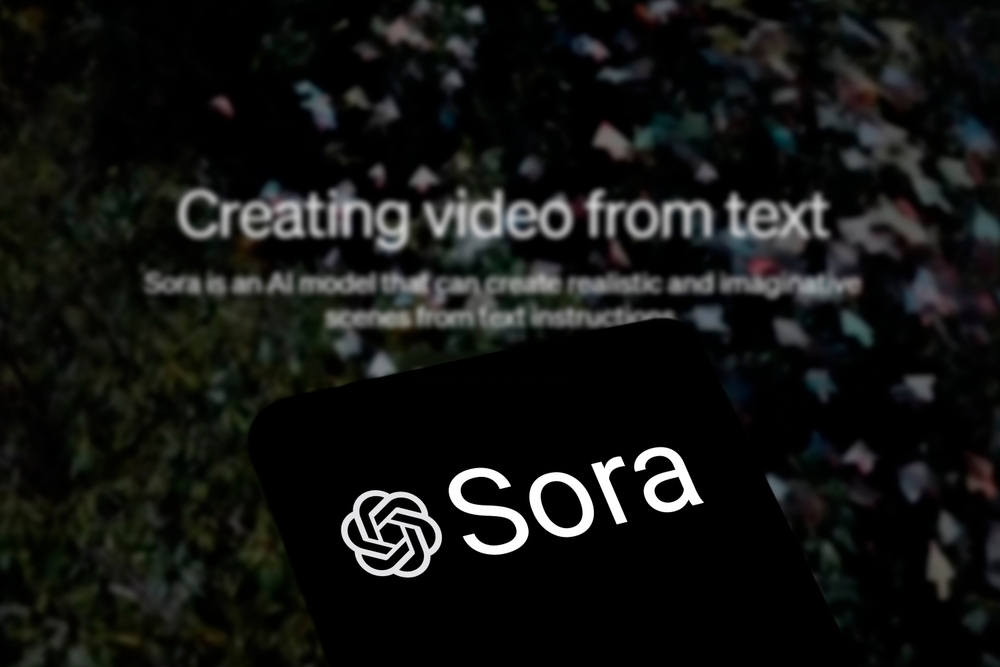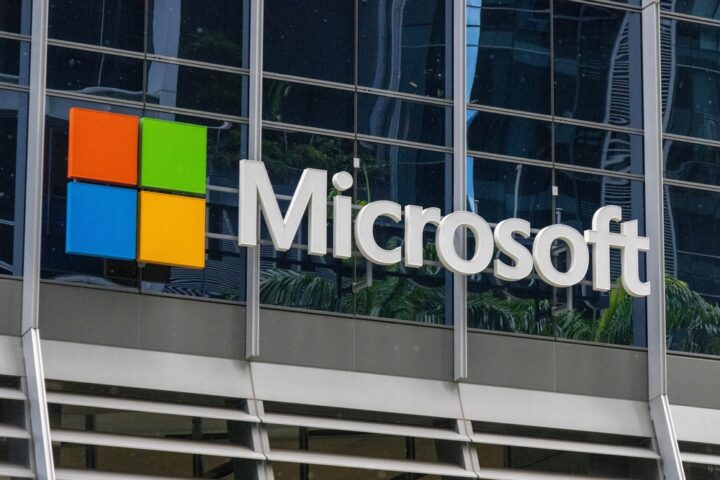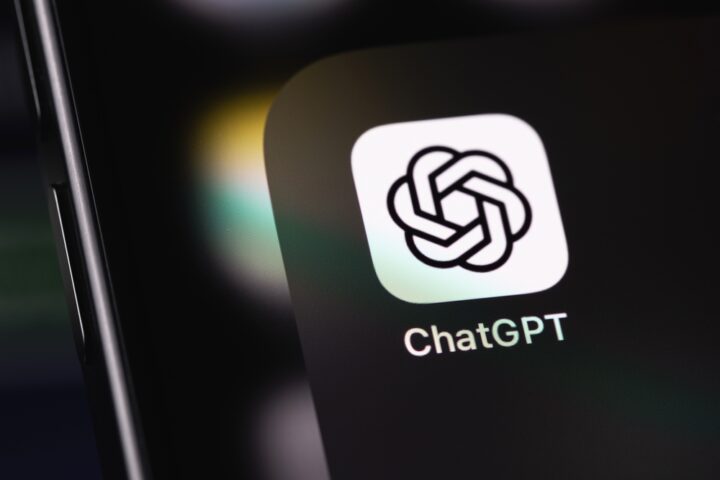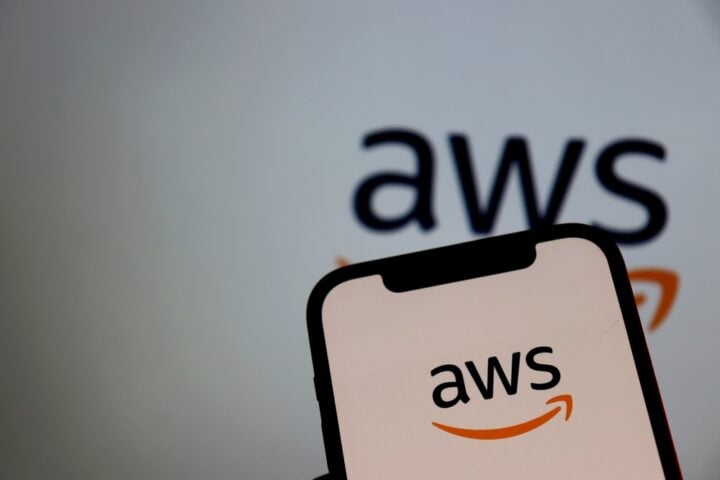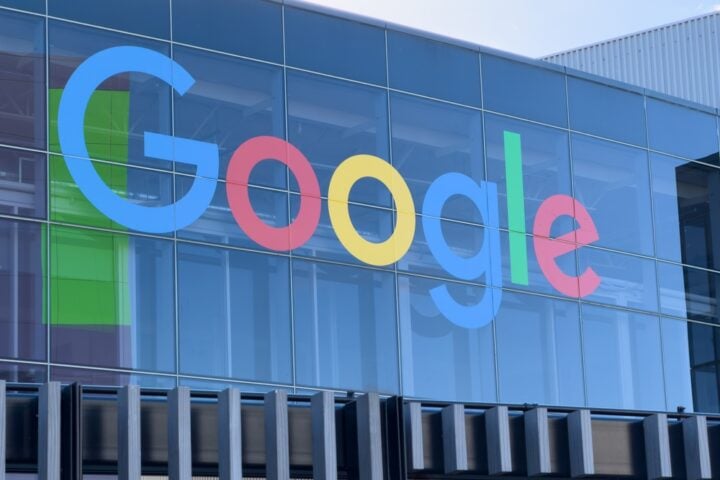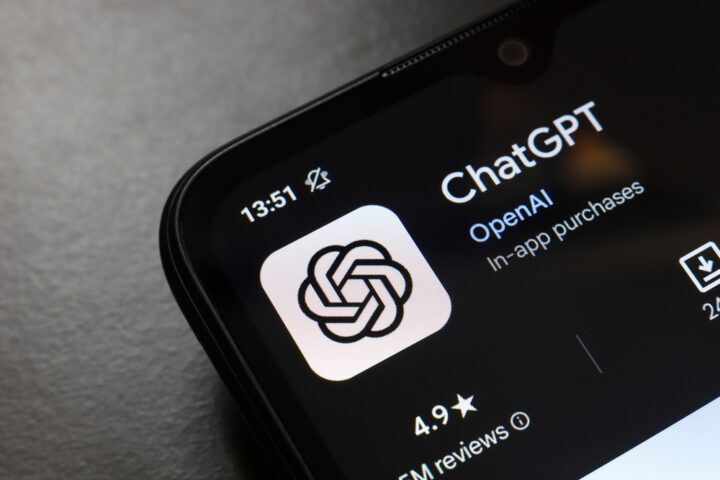OpenAI announced Monday the release of Sora, its much-anticipated AI video-generation tool. The technology enables users to create high-definition video clips by simply typing a description, mirroring the functionality of OpenAI’s image-generation tool, DALL-E.
Key Features of Sora
Sora can generate videos from text prompts, extend existing clips, and even fill in missing frames. Users can also blend two scenes into one and create looping videos, enhancing creative possibilities.
Initially available to users in the U.S. and most countries internationally, Sora will be included in existing ChatGPT Plus and Pro accounts without additional cost. However, OpenAI has not announced a release timeline for Europe, the U.K., or select other regions.
Safety and Development
Before its public debut, Sora was tested by a small group of “red-teamers” to identify vulnerabilities, including risks related to misinformation and bias. OpenAI’s product lead for Sora, Rohan Sahai, emphasized balancing creative expression with preventing misuse, noting the company’s efforts to address safety concerns.
Competitive Landscape
The release of Sora underscores OpenAI’s ambition to lead in the generative AI market, which could exceed $1 trillion in revenue within the next decade. Sora positions OpenAI to compete directly with similar tools from Meta, Google, and startups like Stability AI.
Controversy and Artist Backlash
Despite the excitement surrounding Sora, OpenAI has faced criticism from artists who participated in its early-access program. These artists claim they provided unpaid labor in testing and shaping Sora while receiving minimal compensation.
An open letter from the protestors accused OpenAI of leveraging their contributions for marketing purposes. OpenAI responded, stating it values artist feedback and plans to continue supporting creators through grants and events.
The Future of Generative AI
Sora’s release highlights the growing influence of generative AI in video creation, a frontier that promises immense creative and commercial opportunities. However, as this technology evolves, concerns about deepfakes and misinformation remain critical challenges for companies like OpenAI to address.


